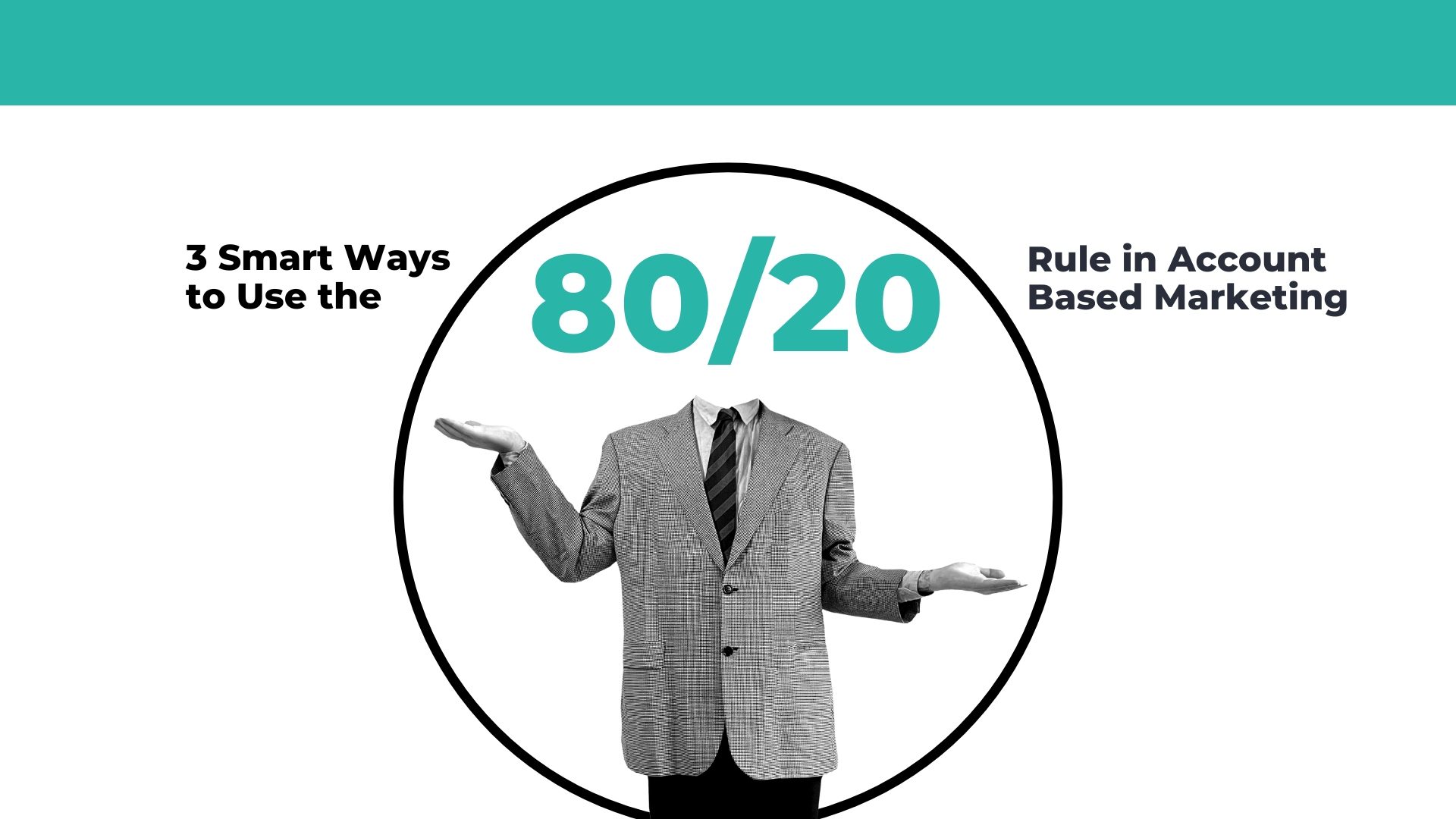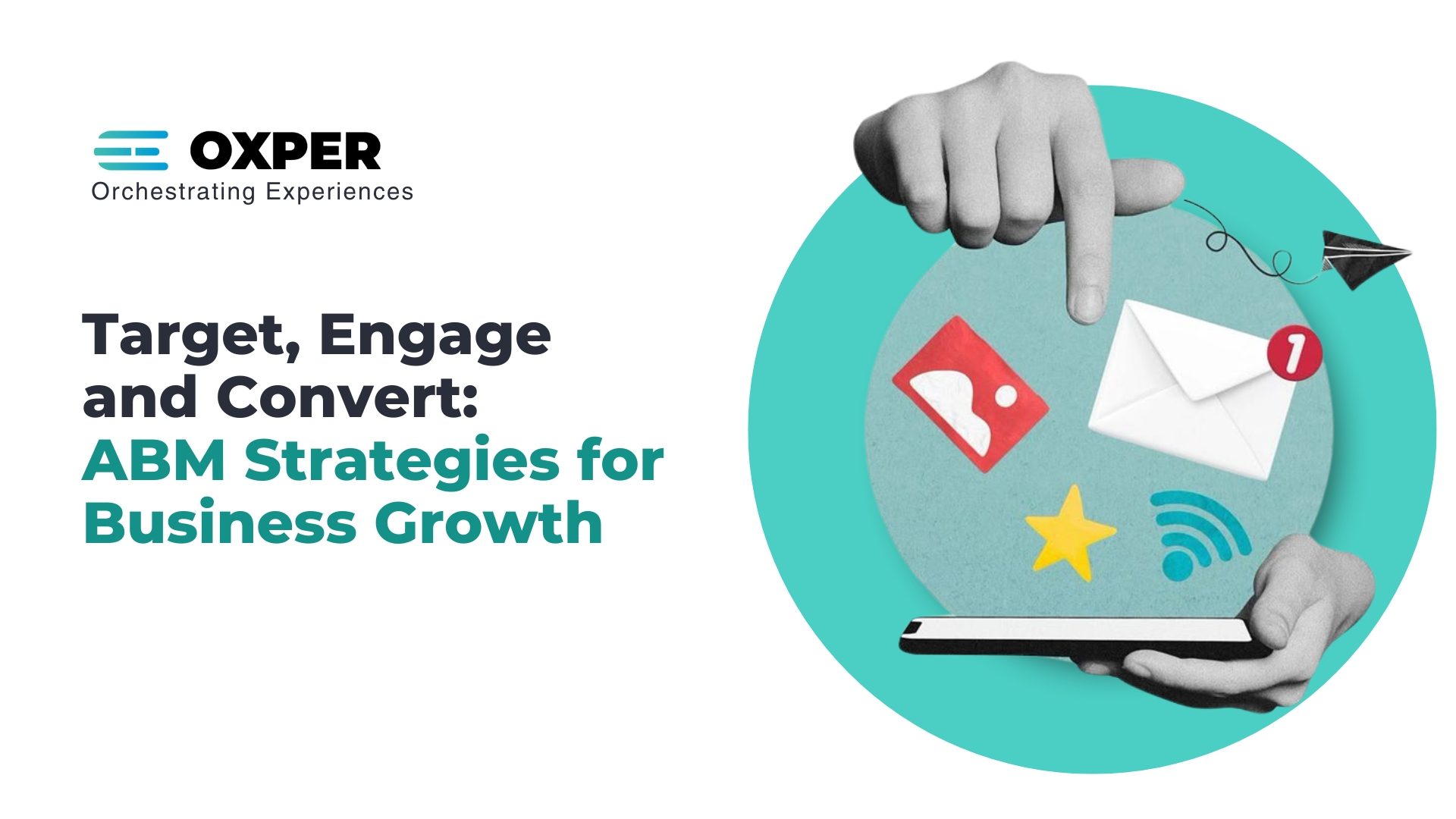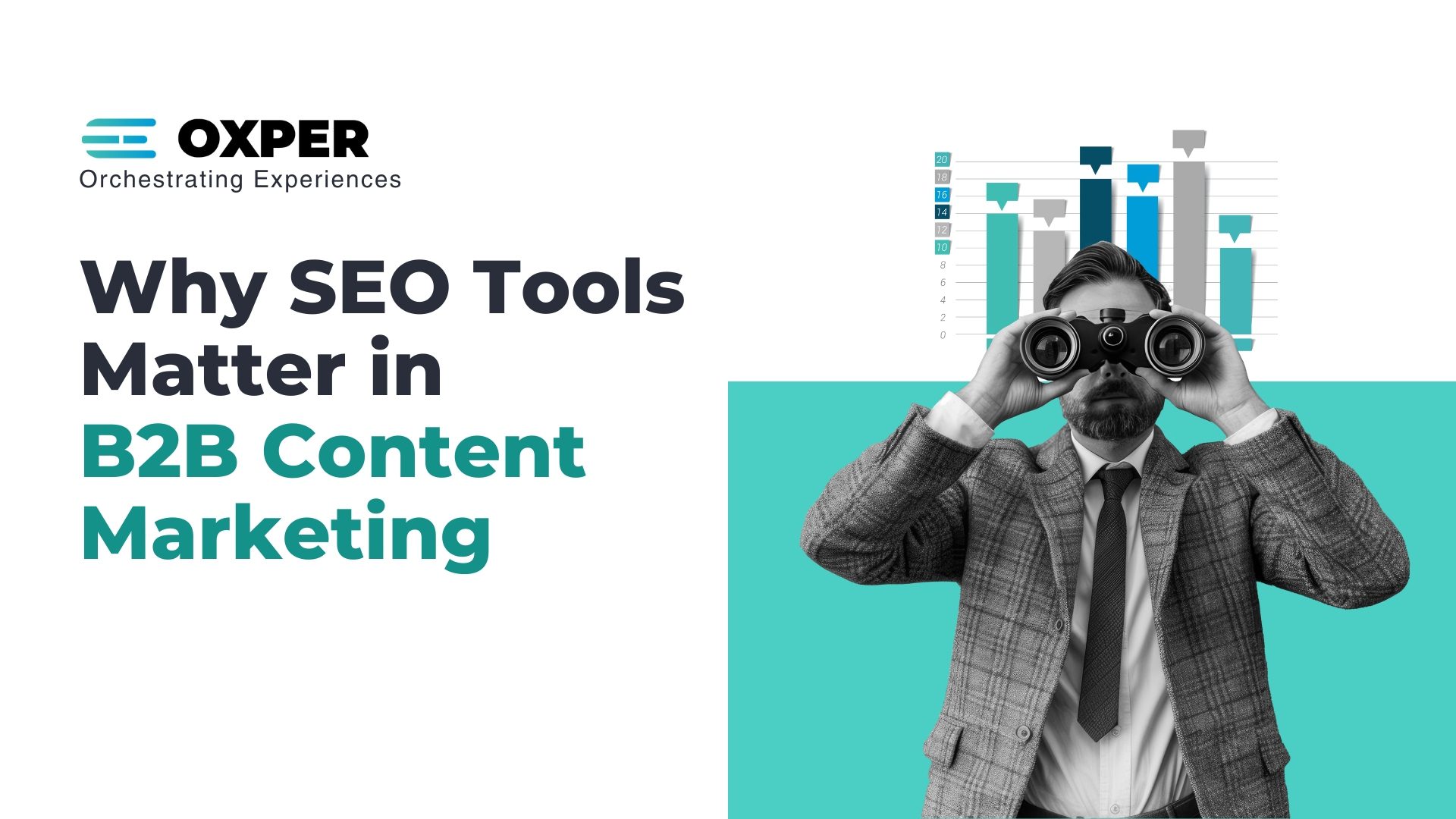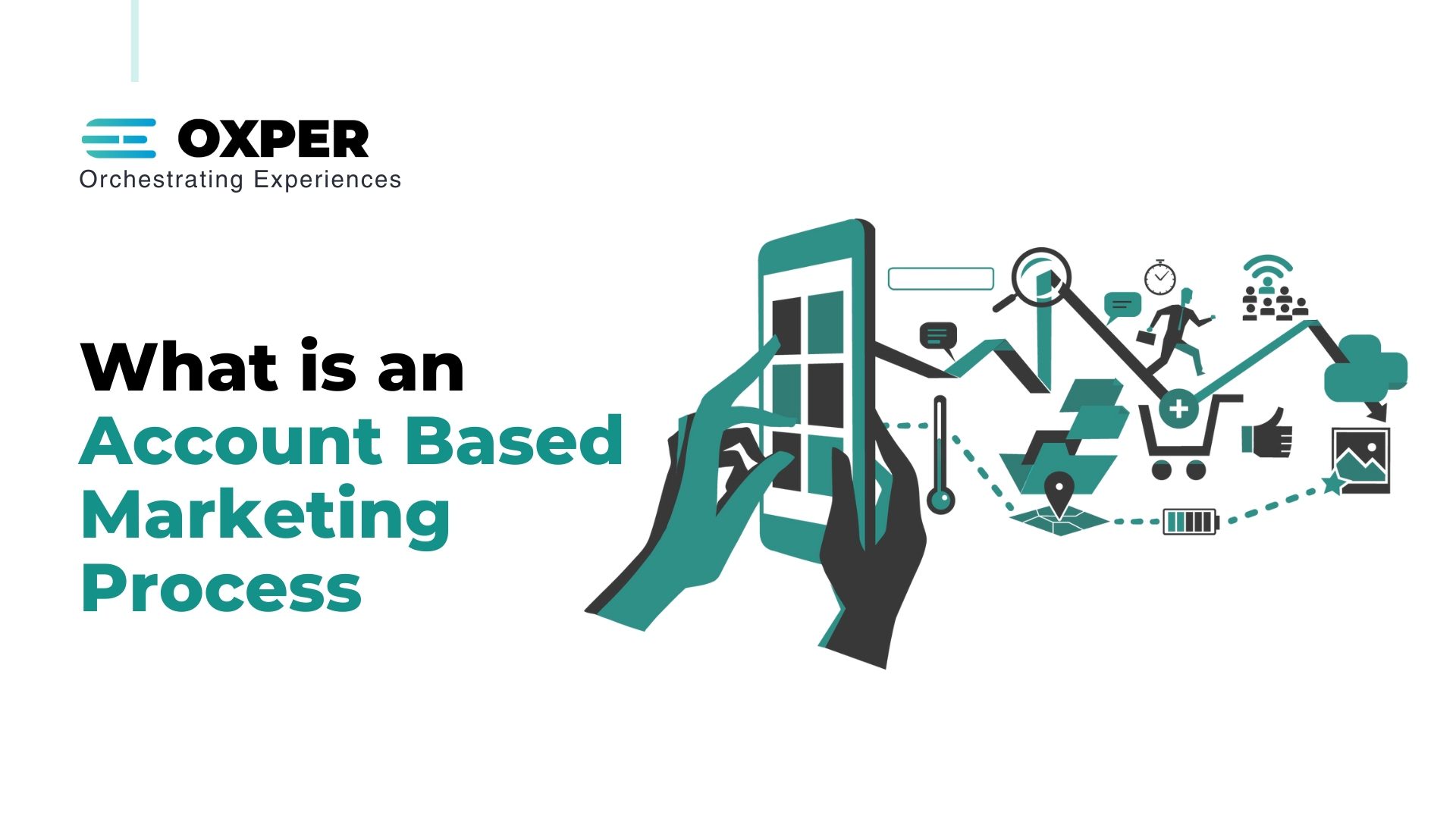Why Generic Marketing Fails in B2B – And the Growing Need for Personalization
In the fast-paced B2B world today, generic marketing has very limited value because it fails to engage the nuanced and complex multi-stakeholder decision-making process of most B2B transactions. In B2C, broad messaging can work at times. B2B buyers, however, want informed and relevant messaging that speaks specifically to their industry, role, and business challenge. Because buyers are inundated with templated content in their inboxes, they will quickly ignore anything that isn’t relevant.
Personalization makes a significant difference here — helping businesses cut through the noise, improve lead quality, align marketing and sales better, and create more authentic relationships with clients. When a business employs personalized strategies such as account-based marketing, intent-driven messaging, and content created specifically for their role, B2B marketers can significantly increase engagement, drive better conversion rates, and fend off increasing competition in a crowded market.
Why Personalization Matters in B2B Marketing
The Importance of Personalization in B2B MarketingToday’s B2B marketplace is extremely crowded, and one-size-fits-all messaging simply does not cut through the noise.
Personalization has moved from the “nice to have” category, into the realm of “must have” or strategy. Organizations can create more relevant and engaging experiences by personalizing content, communications, and offers, specific to roles, industry, or pain points.
Here are three reasons that personalization matters for B2B marketing:
- More Engagement: Emails and campaigns that include personalized messaging are significantly more likely to be opened, clicked, and engaged with, When decision-makers receive content that is meaningful to them, they are more likely to engage.
- More Conversions: The customized buyer journey shortens the sales cycle. Personalization engages prospects along the journey by delivering the right message at the right time.
- More Relationships: Personalization promotes trust and loyalty. When prospects and clients feel valued and understood, they are more likely to see your brand as a dependable partner, versus just another vendor.
In other words, personalization starts with data, next goes to dialogue, and finally ends in deals.
Three Powerful Personalization Strategies
1. Ensure Personalization through ABM
ABM or account-based marketing uses the combined proficiency of the marketing and sales teams to effectively locate, engage with, and close deals of high-value accounts. ABM is now being implemented by top B2B marketing consultant services to perfect tailored marketing campaigns.
You can further use customized content, tailored videos and images, personalized URLs, direct mails for target accounts, and more to fine-tune your ABM strategy. Personalized content, for example, can hold the attention of your target audience to the very last word. Additionally, it can help you reduce bounce rates and improve brand engagement unlike any other.
2. Use Smart CTAs
Did you know that smart CTAs (Call-to-Actions) tailored to each individual convert 202% better? Most successful brands across the globe, if not all, accompany their marketing campaigns with compelling pictures or messages to incentivize further action from their target audience. Unlike conventional CTAs, personalized CTAs are based on various segments of visitors.
The right B2B digital marketing agency can help you segment visitors according to their location, browser language, device, behaviour, interests, etc. For instance, you can convert a new visitor by showing a call to action that leads them to a tutorial about your product or service.
3. Employ Personalized Email Marketing
Email personalization has now moved beyond adding simple names to email marketing campaigns. Also, a lot of email recipients report that they often tend to receive information that is not relevant to their interests. It is, therefore, imperative for organizations to closely examine the customer personas to warrant successful email marketing campaigns.
Using the first name of the recipient has become common practice at this point which is why you need to use terms such as “now”, “free”, or “today” to directly address their pain points. One-to-one emails should also include order/delivery confirmations, event information, reminders, etc to further improve the customer experience.
Challenges & Solutions in B2B Personalization
1. Problem: Dispersed Client Data B2B firms typically deal with dispersed client data across several channels (email, social, sales calls, websites, etc.), complicating the creation of one cohesive view of the client.
Solution: By combining a Customer Relationship Management (CRM) system with marketing automation, you can provide a centralized data experience. Integration of the CRM can make customer data available in real-time across teams thus offering a 360 view of each client and, therefore, a way to deliver more accurate and personalized communication to clients.
2. Problem: Scaling personalization across several stakeholders B2B decisions are not made by one person; therefore it can be difficult to serve content relevant to each buyer persona involved in the buying team, which is not the case with B2C.
Solution: Use AI-based segmentation within your marketing automation platform to establish which personas and buying stages are involved within the account targets. The marketing automation platform can then trigger email workflows, dynamic content, retargeting ads, etc., at scale based on persona to ensure personalized experiences in a timely manner.
3. Problem: Labor-intensive Personalization Manually writing customized content for each lead or account is time-consuming and not effective.
Solution: Use AI driven content recommendations and dynamic templates in your marketing automation. The platform can customize email content and website content based on user behavior, past history and firmographics in a dynamic fashion, and will save time while increasing relevance.
Conclusion
In today’s data-focused environment, B2B buyers want more than just information—they want value, genuineness, and relevance. By using personalized tactics, such as smart CTAs, targeted emails, or personalized content, you will be able to deliver experiences that resonate, increase conversions, and maximize ROI. So are you ready to take your B2B marketing to the next level with personalization?
FAQs:
1. What is B2B marketing personalization, and why is it important?
B2B marketing personalization is the process of tailoring marketing messages, content, and experiences to specific businesses, roles, or decision-makers based on their behaviors, industry, needs, or stage in the buyer journey. Personalization in B2B marketing is important because it helps build stronger relationships, improves engagement, and increases the likelihood of conversions by making prospects feel understood and valued.
2. How does personalization improve B2B lead generation and conversions?
B2B marketing personalization allows businesses to deliver relevant content and solutions that directly address a lead’s pain points. By using data-driven insights to personalize touchpoints across channels, companies can boost lead quality, reduce sales cycles, and increase conversion rates, ultimately leading to more efficient lead generation.
3. What are some effective personalization strategies for B2B marketing?
Some proven strategies include:
- Dynamic website content tailored to visitor segments
- Personalized email campaigns based on user behavior and firmographics
- Content recommendations using AI and intent data
- Custom landing pages for specific industries or accounts
- Targeted LinkedIn ads for specific job roles or companies
These tactics enhance personalization in B2B marketing and improve engagement across the funnel.
4. How can Account-Based Marketing (ABM) enhance personalization efforts?
ABM is a powerful approach to B2B marketing personalization. It focuses on high-value accounts and delivers hyper-personalized content and campaigns tailored to their specific needs, goals, and stakeholders. ABM aligns sales and marketing teams to deliver more relevant, coordinated messaging that resonates deeply with key decision-makers.
5. How can businesses implement AI-driven personalization in B2B marketing?
AI can analyze vast amounts of data to identify patterns, predict user behavior, and automate personalized experiences. Businesses can use AI for:
- Behavioral segmentation
- Predictive lead scoring
- Chatbots for real-time personalization
Dynamic content delivery across channels





